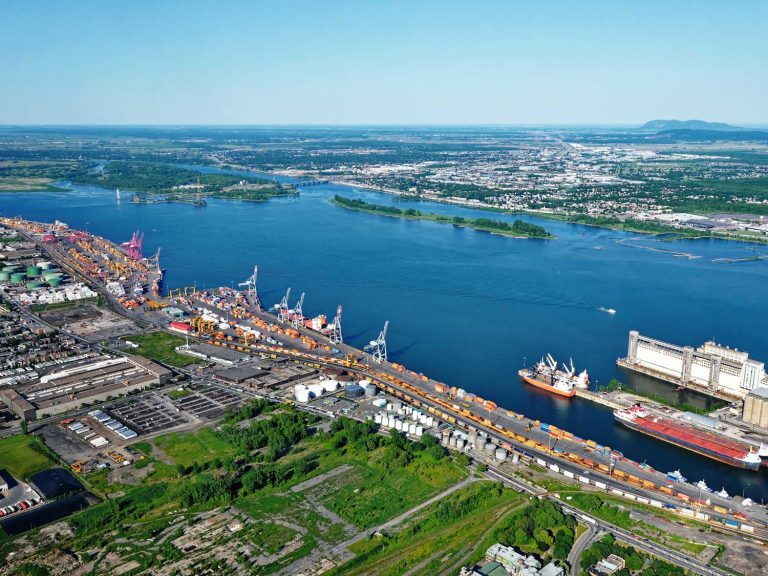
Date:
Labour tensions rise on North America’s East coast
Ongoing labour disputes on the US East Coast and Canada’s Port of Montreal continue to threaten disruptions to North American supply chains.
The agreement between the ILA and the United States Maritime Alliance (USMX) on the US East coast (USEC) brings temporary relief, securing peace for the next three months. The wage increase of over 60% marks significant progress, but the contentious issue of automation remains unresolved and could lead to further disruptions when the current contract extension expires on 15 January 2025.
With over 60 ships backed-up during the strike, ports have been working hard to clear the backlog. They have been aided by spare capacity, which has been created by shippers front-loading and cargo diversions.
In many cases the ports extended operational hours to process delayed vessels, ensuring that the backlog will not stretch far into the busy holiday season.
Meanwhile, the Port of Montreal is bracing for an indefinite overtime strike that started on 10 October, following earlier strike actions that halted operations at two terminals. The port’s longshoremen are using the strike to pressure employers amid slow-moving negotiations, which have dragged on for over a year. This escalation threatens to further disrupt operations at Canada’s second-largest port, affecting supply chains and causing delays for transatlantic trade.
While some carriers have suspended their Emergency Operations Surcharges on the USEC, several have announced peak season surcharge (PSS) hikes. Maersk, CMA CGM, and MSC are introducing increased surcharges of up to 15% from Europe, the Mediterranean, and other regions to North America.
Some carriers have rerouted cargo to alternative ports to mitigate delays, and flexibility will be crucial as labour disputes continue. The ILA’s extension of negotiations to January, just before Chinese New Year shipping demand, suggests potential for further congestion and delays in the coming months.
The combination of vessel congestion, labour disputes, and surging rates highlights the importance of adaptable logistics strategies in today’s volatile shipping environment.
Metro works with shippers to overcome rising freight rates and operational uncertainty, with innovative solutions and proactive planning to keep supply chains flowing.
We have contingency plans in place to avoid the ports likely to be most affected by strikes, as well as alternative routes and entry points.
To discuss these issues and how Metro can protect your supply chain, please EMAIL Andrew Smith, Chief Commercial Officer.
